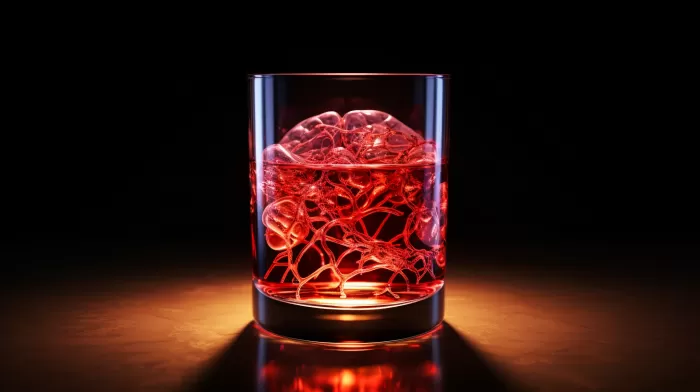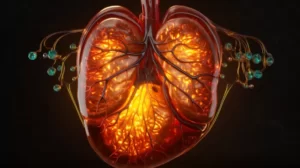Excessive alcohol consumption is a risk to your body’s overall health, and new research indicates that it can lead to inflammation in the brain and other organs. One of the consequences of such inflammation is an increased risk of insulin resistance, which can contribute to the development of type 2 diabetes. Laboratory research conducted at the Diabetes Obesity and Metabolism Institute at the Icahn School of Medicine at Mount Sinai in New York discovered that binge drinking disrupts insulin-receptor signaling by causing inflammation in the hypothalamus area of the brain.
The Connection Between Binge Drinking, Insulin Resistance, and Type 2 Diabetes
According to lead researcher Christoph Buettner, “Insulin resistance has emerged as a key metabolic defect leading to type 2 diabetes and coronary artery disease (CAD).” He added that those who engage in binge drinking even once a week over a long period may remain in an insulin-resistant state for an extended time, potentially years. This means that engaging in regular binge drinking could significantly increase a person’s risk of developing type 2 diabetes, even if they only indulge occasionally.
Previously, it was unclear whether binge drinking was independently associated with an increased risk for diabetes. Some believed that the elevated risks might be because a person who binge drinks may be more likely to overeat or choose unhealthy foods. However, the new research provides evidence that binge drinking itself creates insulin resistance, even when accounting for differences in caloric intake. Claudia Lindtner, the first author of the study, states, “Our data show for the first time that binge drinking induces insulin resistance directly and can occur independent of differences in caloric intake.”
The Dangers of Binge Drinking: Beyond Insulin Resistance
While this insulin resistance connection is certainly concerning, it is by no means the only adverse effect binge drinking can have on your health. The Centers for Disease Control and Prevention (CDC) defines binge drinking as consuming five or more alcoholic drinks for men, or four or more for women, within a two-hour time frame. Binge drinking can lead to a range of short- and long-term negative health consequences, including increased risks of:
- Injuries, such as those resulting from motor vehicle crashes, falls, burns, and alcohol poisoning
- Violence, including homicides, sexual assault, intimate partner violence, and suicides
- Sexually transmitted infections and unintended pregnancies due to poor decision-making
- Chronic health issues, such as liver disease, cancer (throat, liver, breast, mouth, esophagus), high blood pressure, stroke, and heart disease
- Memory and learning problems, including the development of alcohol use disorders (alcoholism)
- Poorer general health, with heavy drinkers often having multiple chronic diseases or acute illnesses
Reducing the Risks of Binge Drinking
The good news is that, for most people, reducing the risks associated with binge drinking is as simple as cutting back or eliminating excessive alcohol consumption. The CDC recommends that men have no more than two alcoholic drinks per day, and women have no more than one. This moderate level of alcohol consumption is not expected to increase the risks of insulin resistance or other negative health consequences.
Additionally, it’s important to recognize that even casual drinking can have an impact on your overall health. For those who are concerned about their alcohol consumption, The Substance Abuse and Mental Health Services Administration National Helpline offers support, information, and referrals to treatment and support services.
Conclusion
The new research linking binge drinking to insulin resistance and the increased risk of type 2 diabetes serves as a reminder that binge drinking can have long-term negative effects on our health. By being aware of the risks and taking steps to reduce their alcohol consumption, individuals can help protect themselves from this and other serious health consequences associated with binge drinking. Remember to drink responsibly and be mindful of the choices you make for your overall health and well-being.



![8 Simple Rules to Refresh Your Body with a Healthy Cleanse [See Pictures]](https://naturalhealthreserve.com/wp-content/uploads/2024/01/8-rules-healthy-cleanse-slideshow-300x168.webp)